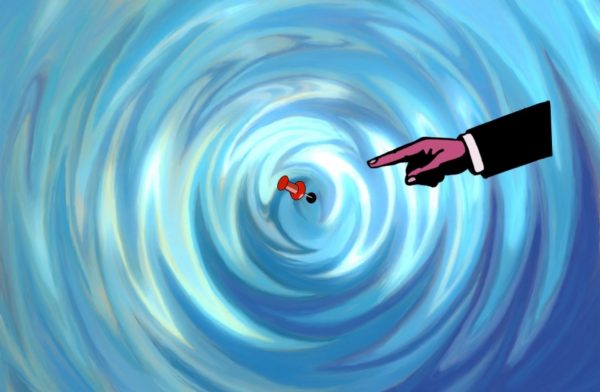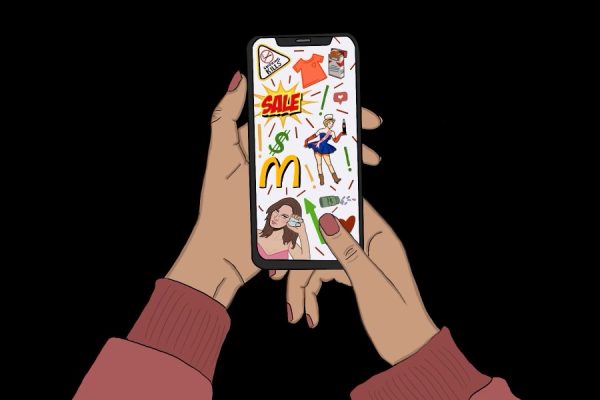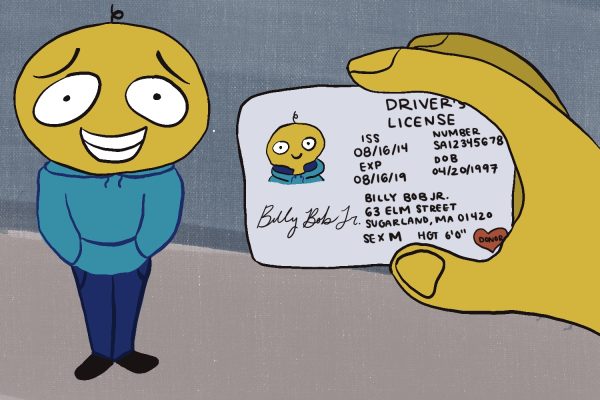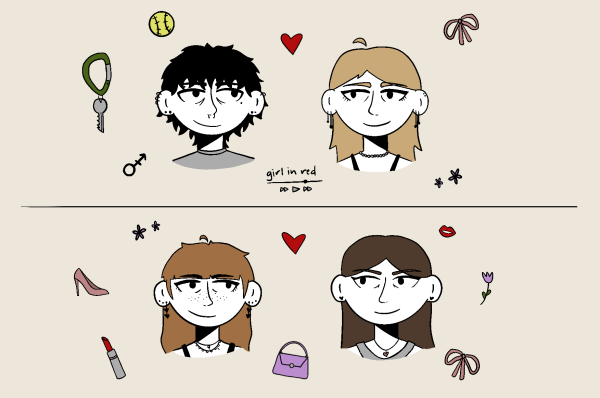21: the new smoking age
If you are under 21 and a resident of New York City, in less than 200 days you will not be able to buy cigarettes. In other words, welcome to the next chapter of ÒAmerica has no idea when minors become adults.Ó
On Oct. 30, the NYC council voted to raise the cigarette purchasing age from 18 to 21. Mayor Bloomberg has 30 days to sign the bill into law, which will then take effect after 180 days. Bloomberg, a fierce supporter of smoking restrictions, is expected to sign shortly.
The rationale behind the NYC cigarette-buying age limit is to Òliterally save many, many livesÓ in the words of city Councilman James Gennaro. While this idea is commendable, the way NYC is going about Òsaving livesÓ is extremely misguided.
And, it is not just NYC that is pushing the cigarette-buying limit to 21. Similar legislation is expected to come to vote in Hawaii and New Jersey in the next few months, and in several towns in Massachusetts.
The main problem with this new cigarette legislation is that it further undermines the age of 18, when you supposedly become an adult.
At 18 you can vote, join the military, get married, apply for credit in your own name, obtain medical treatment without parental consent, donate your organs and sign contracts in your own name to take out loans, buy a car or to rent an apartment. Additionally, you are tried in adult criminal court rather than juvenile court, eligible for jury duty and legally can be sued.
It is absurd that you can do all of these things at 18, and yet 18 year-olds are deemed too young to make choices about smoking and drinking. It highlights the fact that our legislatures are deeply conflicted about when Americans should be viewed as adults.
This is especially apparent in the NYC cigarette case when Mayor Bloomberg said, ÒWe know that tobacco dependence can begin very soon after a young person first tries smoking so itÕs critical that we stop young people from smoking before they ever start.Ó
Again, here is that rhetoric that says people under 21 cannot be trusted to make their own decisions regarding their personal lives. Yet at the same time we are given rights at 18 that have the potential to have even greater consequences on our lives.
The bottom line is, as a nation, we need to have consensus on when minors become adults. I agree that in many regards, 18 is rather young to fully make informed decisions. At one point in history, 18 signified a certain level of maturity, which no longer holds true today.
Given these circumstances, the best-case scenario would be to make 20, another relatively arbitrary number, the official age of adulthood where all rights Ð including the right to choose whether to smoke or drink Ð would be granted.
This would put to rest the ongoing debates about the drinking and smoking age, and would potentially shift the focus of the debate from legal requirements to educating people on the inherent risks of these activities.
It all comes down to education. If NYC had put more effort into devising a comprehensive education plan around the risks of smoking, then this new age requirement would not even be necessary. At that point, if people still choose to smoke knowing the consequences, then that is their individual choice to make.



![Can’t buy me [self] love](https://vtcynic.com/wp-content/uploads/2024/04/self-care-FINAL-600x398.jpg)







